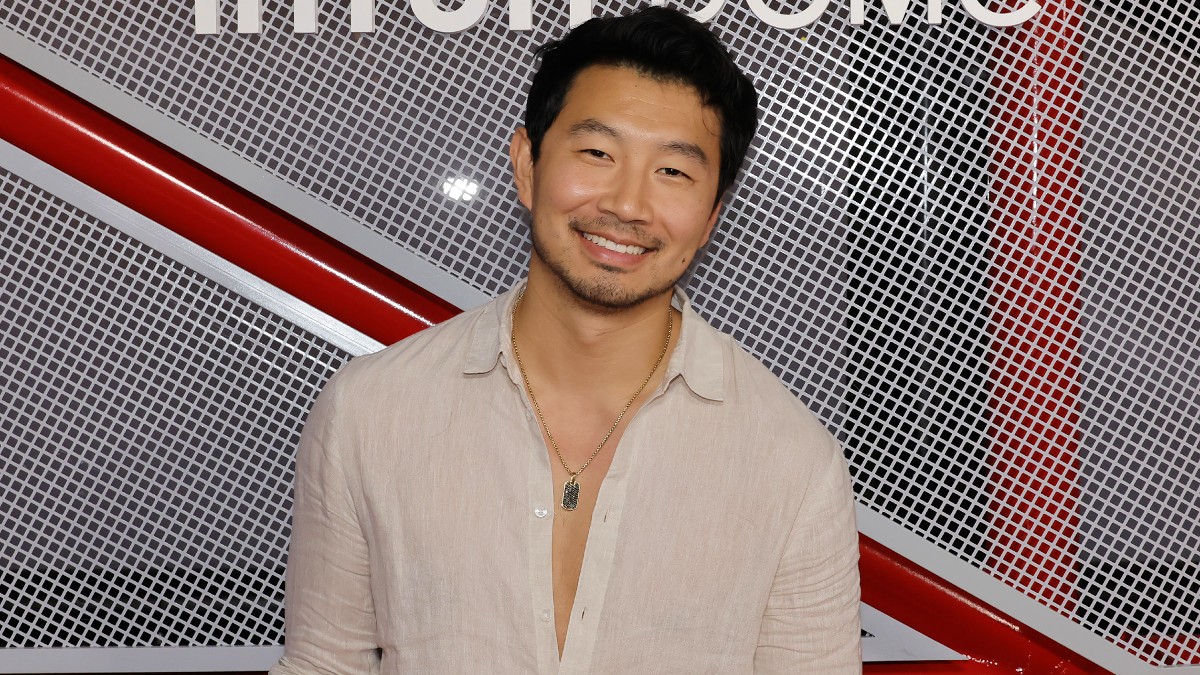‘Certain things aren’t OK’: Simu Liu sparks debate after accusing boba tea company of cultural appropriation

Simu Liu recently sparked debate online after he accused a Canadian boba tea company of cultural appropriation during an appearance on Dragons’ Den.
Dragons’ Den is the Canadian equivalent of Shark Tank, in which entrepreneurs pitch their businesses to venture capitalists in hopes of securing investments. In a recent episode, Liu listened to a pitch from a Quebec boba tea company called Bobba, owned by Sebastien Fiset and Jess Frenette. For those unfamiliar with boba tea, it is a popular Taiwanese drink that pairs tea and milk with tapioca pearls. Recently, a boba tea craze has swept across the globe, making the drink a hit not just in Taiwan and other Asian countries but also in Europe and the United States.
The booming boba tea market means many entrepreneurs are eager to enter it. Numerous boba shops and brands have emerged, with countless variations in flavors, toppings, and pearls. However, the booming market has raised concerns about corporations trying to erase the drink’s history and cultural significance by attempting to reinvent it while ignoring its origins.
Simu Liu calls out boba tea company for cultural appropriation
On a recent episode of Dragons’ Den, the owners of Bobba pitched their idea to a panel of judges, including Liu. The pair claimed to have created a healthier, better version of boba tea. They claimed that consumers nowadays are “never quite sure about” the drinks “content.” Fiset added that the old days of not knowing boba tea’s content were over. The claim was a bit strange as boba tea is very simple and contains few ingredients. Liu commented on this, saying, “I am quite sure about its content, but continue.” The owners continued to tout their product as a “convenient, healthier, ready-to-drink experience” with only three ingredients.
While Liu acknowledged the taste was fine, he expressed concern about cultural appropriation. He stated, “I’m concerned about this idea of disrupting or disturbing bubble tea because it’s something that —.” However, investor Manjit Minhas interrupts him to tell him that there can be “new takes on things” and “not everything has to be traditional.” Liu continues, “There’s also an issue of cultural appropriation. There’s an issue with taking something that’s very distinctly Asian in its identity and quote, unquote, making it better.” Fiset argues it’s “not an ethnical product anymore” because of the popping boba.
The owners admitted that the company’s only Asian representation was a partner based in Taiwan. Liu expressed disappointment that the product did not indicate boba’s origins but was profiting from something “that feels so dear” to his “cultural heritage.” Hence, he refused to invest, although his fellow investor, Minhas, offered the owners $1 million for 18% of the company.
Why Simu Liu’s cultural appropriation comments caused controversy
Liu’s comments caused a stir online. Following the episode, investor Minhas decided to back out of her $1 million offer. Liu also made a video expressing concern for the harassment and hatred the owners were receiving over the issue. In the video, he condemned the harassment and bullying but doubled down on his position. He pointed out that there is a difference between trying to pay homage to a product from another culture and simply trying to exploit it. He suggested that the incident should be an opportunity to encourage education and to help people realize “some things aren’t OK” without resorting to hatred.
While Bobba’s owners received criticism for the incident, Liu also faced attacks as social media users debated whether he was right about the company’s alleged cultural appropriation. Many mocked him for his opinion, calling him “cringe” and a “woke hypocrite.” One user claimed he was a hypocrite because he played a Korean man on TV despite being Chinese-Canadian. Another user reached a little further to claim he was partaking in cultural appropriation for wearing a blazer because an Englishman created it. A common argument was that Liu’s statements meant only Italians could sell pizza or so forth. However, the TV role is an entirely different situation. Additionally, Liu never claimed that no one can enjoy, sell, or utilize products that originate from different cultures.
Those defending Liu pointed out that the context of the situation mattered. There was no evidence that Bobba’s owners boasted a personal connection or even an explicit interest in the product. They seemed wholly motivated by profit. Not only that, but they openly claimed to be making boba better and healthier, thus insinuating that the significant cultural drink was unhealthy or deficient in some way. Yes, people who aren’t Italian sell pizzas, but one would be hard-pressed to find any American pizza joint, for example, that openly claims to Italian investors that its products are superior, healthier, and better than authentic Italian pizza or that no one even knows what ingredients are in “traditional” pizza.
The situation demonstrates that context and motivations matter. Not everything is cultural appropriation, but, as Liu emphasized, certain things aren’t acceptable.
Have a tip we should know? tips@themarysue.com